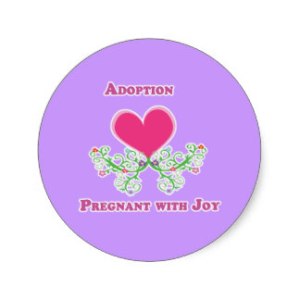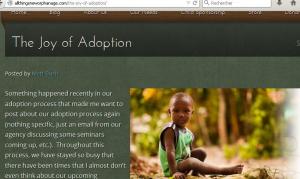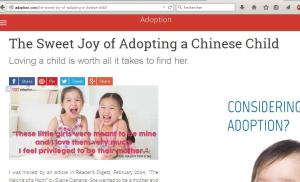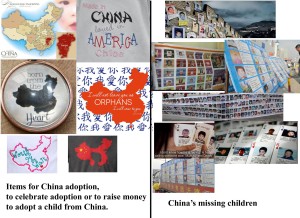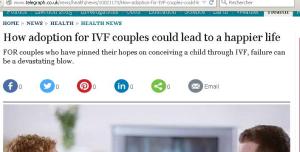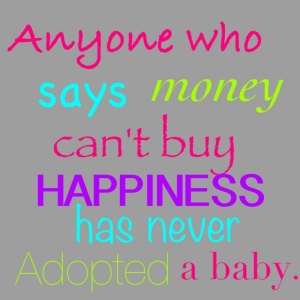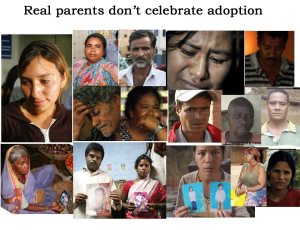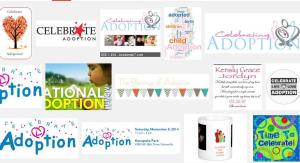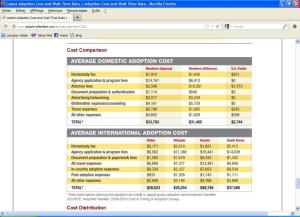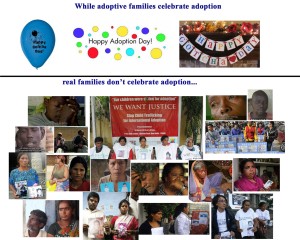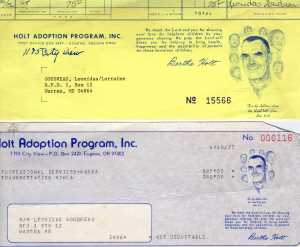I have two birthdays.
One birthday is the day/ anniversary of the day on which I was born.
The other birthday is the one which appears on my birth certificate but has nothing to do with my birth. Originally it was an ordinary day which had abosolutely nothing to do with me, but an adoption agency’s workers attributed it to me as my birthday as they invented a family background story in order to make me more adoptable/sellable and to prevent my family from finding me.
A birthday is a birthday. One can be born only once in his/her lifetime. There should be no need of adding a modifier with a birthday. But the land of adoption is a land apart where the language is tweaked and moral values are twisted [link], so I have to use a modifier to distinguish between the two birthdays. The day/anniversary of the day on which I was born is my real birthday. The day which appears on my birth certificate is my legal birthday.
Still the legal birthday feels more real and more natural to me as I’ve been using it since almost fourty years, every time I’m required to give my birthday to identify myself for legal matters or every time I’m asked casually when is my birthday or when I’m asked to prove my identity.
I also had two sets of parents (they are all deceased).
One set of parents whom I was born to.
Another set of parents whose names appear on my birth certificate. Originally they were complete strangers who had nothing to do with me, but an adoption agency matched me to them randomly and sold me to them.
A mother is a mother. A father is a father. There should be no need of adding a modifier to a mother or a father, especially to a mother who gave/gives birth to; if there is any need, the modifier should be added to the others (step-mother, mother in law, adoptive mother). But the land of adoption is a land apart where the language is tweaked and moral values are twisted, so I’m going to use the words “real” and “legal”.
Using the word “real” the same way as in my “real birthday”, my real parents are those whom I was born to. I’m using it in an authentic way, not in an emotional way. The other set of parents are my legal parents.
If I had to use the term “real” emotively according to my feelings instead of using it authentically, I would say that the legal birthday which has nothing to do with my birth and yet appears on my birth certificate and legal papers is my real birthday, because I’ve been raised/trained to use it as if I as if it was my birthday, and I would still be saying things all adoptees are raised/trained to say that “my real parents are those who raised me” or that “both my parents are real”.
For years I’ve used the terminology invented by the adoption industry which separated me from my family, “birth mother/birth father” or “biological mother/biological father”, but I don’t anymore.
It would be ludicrous to say “birth birthday” or “biological birthday”, I found the terms “birth parents” and “biologial parents” ludicrous as well and inauthentic.
A mother is a mother and a father is a father regardless, except in the adoptionland where words are twisted, the meaning of the words are changed and moral values are tweaked and twisted.
